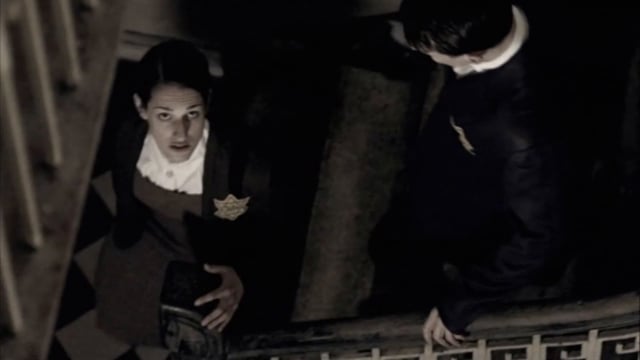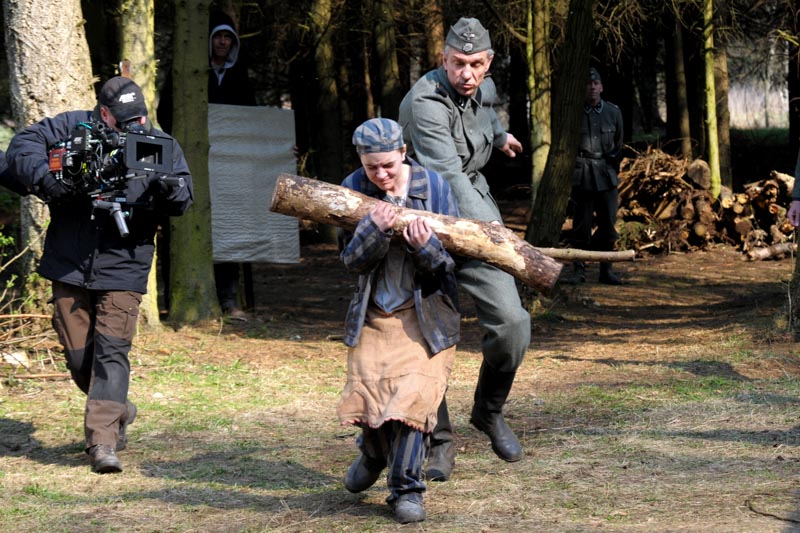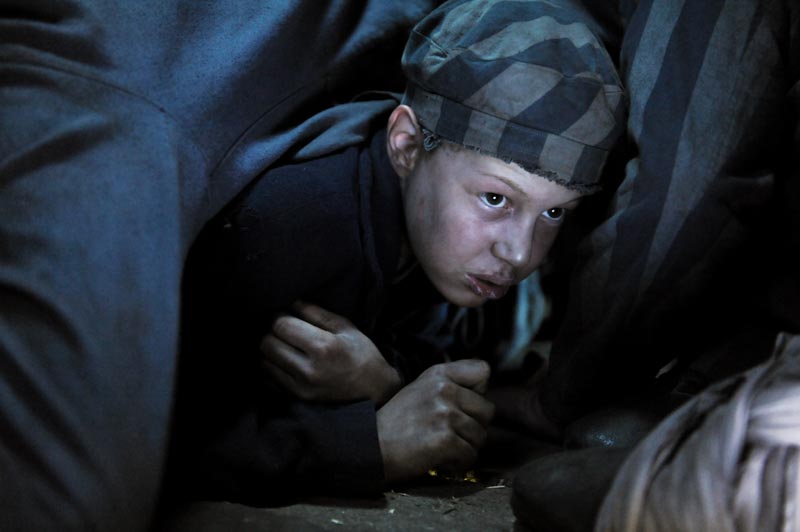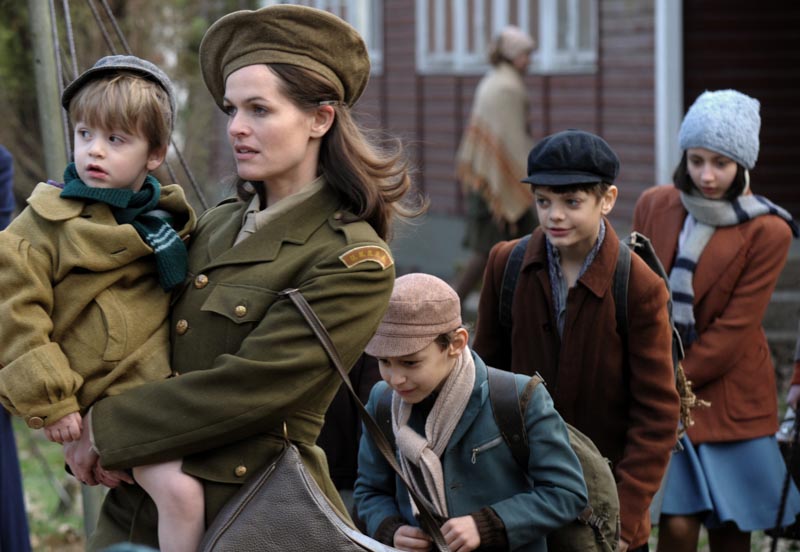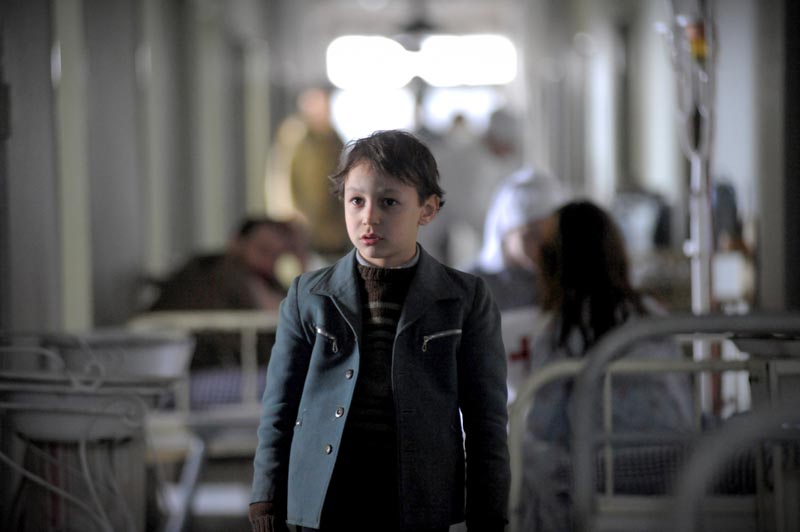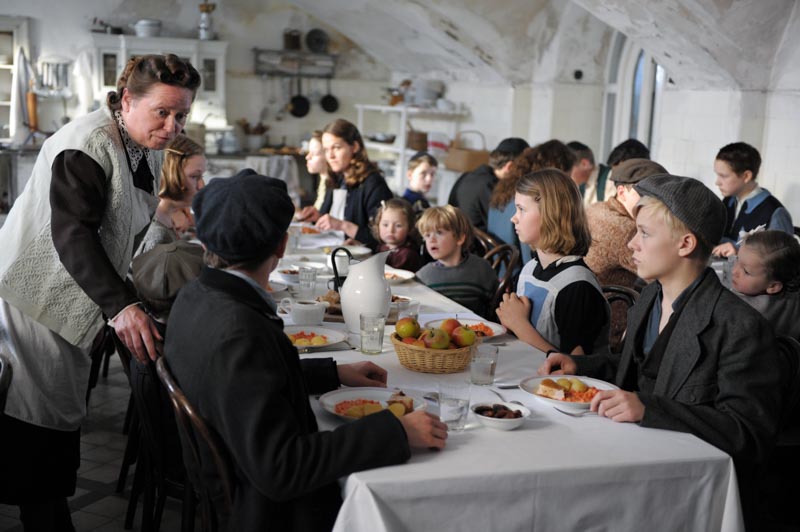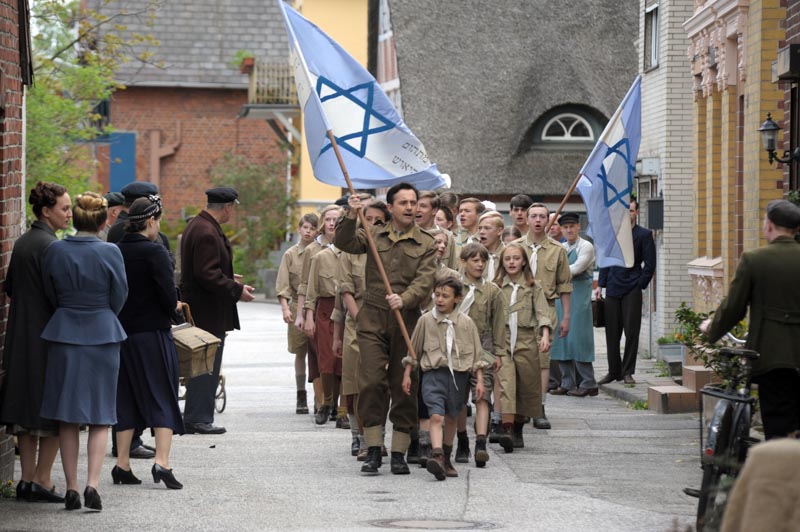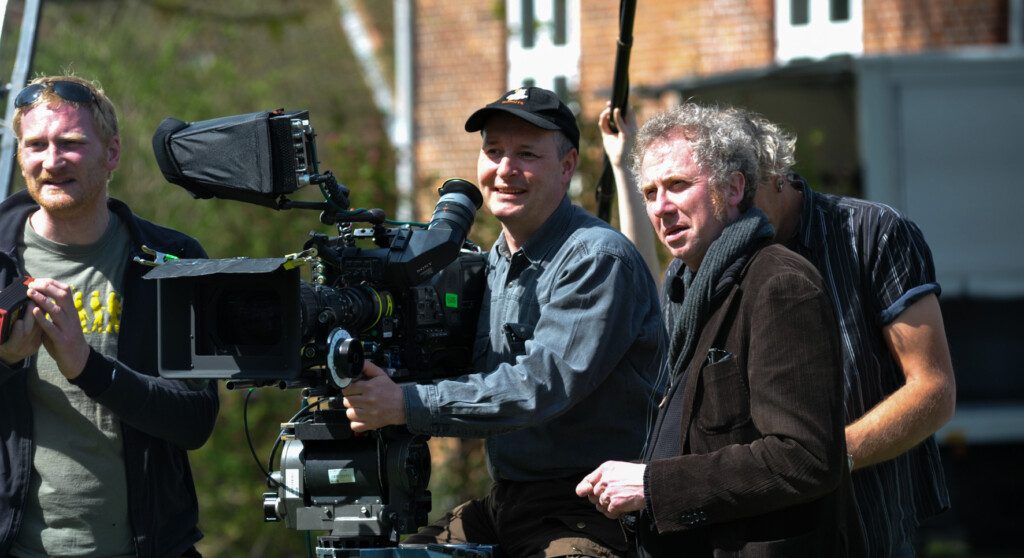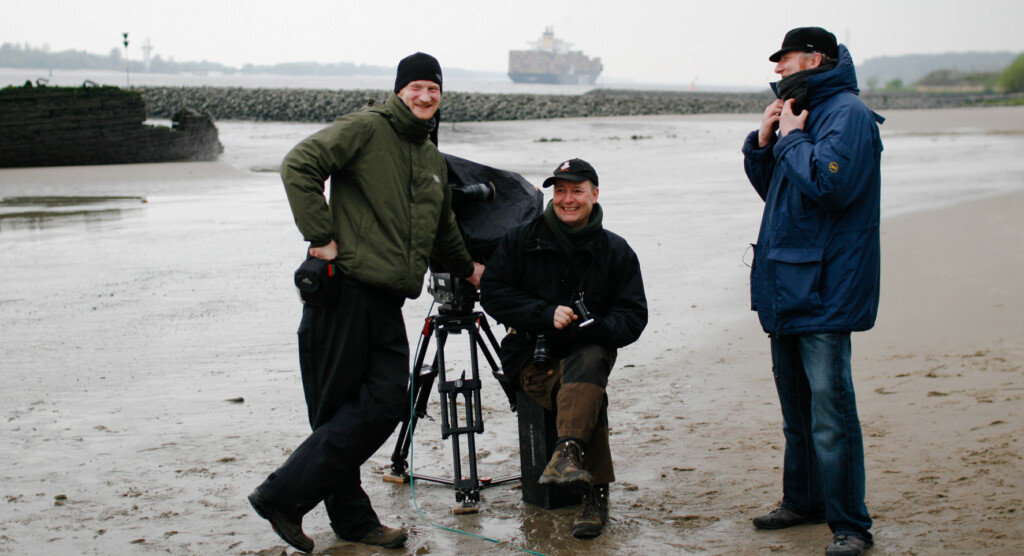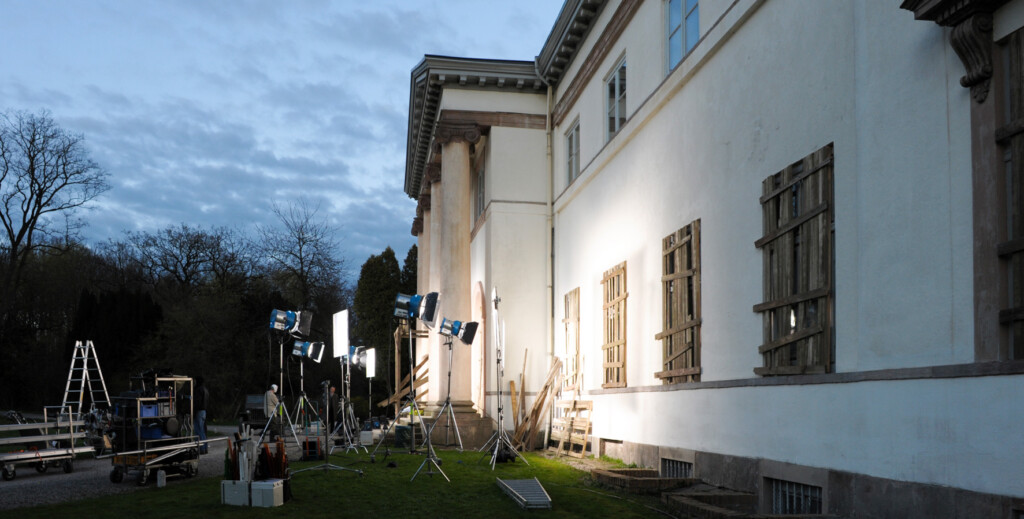The Children of Blankenese
Docudrama
Produced
CineCentrum GmbH für NDR
2010
Directed by
Raymond Ley
Format
HD 1080/25P 16:9
Length
90 min.
Festivals
Filmfest Hamburg 2010
Tech specs
Sony PDW F-800
P+S Pro 35 Converter
Angenieux Optimo 17-80mm/2.2
Angenieux Optimo 24-290mm/2.8
Zeiss HS Primes
Zeiss Super Speed Primes
Raymond Ley opens up an unknown page in the book of the history of National Socialism and its consequences. ‘The Children of Blankenese’ follows a group of Jewish orphans. Relocated from the Bergen-Belsen camp, they find their way back to life in a villa on the Elbe. Their stay in the Warburg family villa, stolen from its owners in 1938, is only temporary. They all dream of Palestine and are sworn to the Promised Land by their educators—but the founding of the State of Israel has not yet been completed. They wait in a mixture of hope and fear between nightmares and first kisses, between public hostility from the Germans and the children’s hatred for the nation of butchers who sent their parents to the gas chambers.
‘The Children of Blankenese’ is an exemplary docudrama. It tells what seems like a footnote in German-Jewish history, telling it so accurately and filling it with life that this film breathes great authenticity and also reminds us of some political inconsistencies from those years: deep-seated German anti-Semitism, the heavy-handed British police in Palestine, and the misunderstanding that European Jews faced in Israel. Ley does not illustrate history; he tells it. His microcosm radiates into world politics. Helping him are the living survivors who met in the villa in Blankenese in the spring of 1945: the American educator Betty Adler, the teacher Ben Yehuda, or Reuma Schwarz, who helped wherever necessary. Joining them are children from back then—interesting people, good storytellers, personalities.
The strength of this docudrama lies in the clear, flowing connection of the dominant staged scenes with the interview passages. The great presence of the contemporary witnesses wonderfully affects the characters. What they are given in narrative history must remain fragmentary, typical for a docudrama. Life, in the form of real people, breathes history into the characters. The actors are very convincing: there are the ‘children’ Rosa Lenz, Neel Fehler, or Willi Gerk, who develop their small roles into rounded characters. And there are the adults, Harald Schrott, striking as usual, Hannah Schröder and Jennifer Ulrich as the good souls of the villa, and Alice Dwyer, who can finally emancipate herself from her vamp image—with delayed glances, in which uncertainty and American pragmatism are reflected. ‘The Children of Blankenese’ is a poignant, very moving film that avoids artificial emotionalization and whose feelings arise solely from the situations.”
Rainer Tittelbach, with kind permission
www.tittelbach.tv
